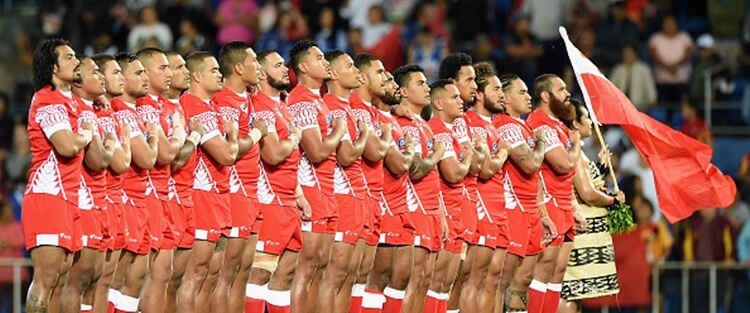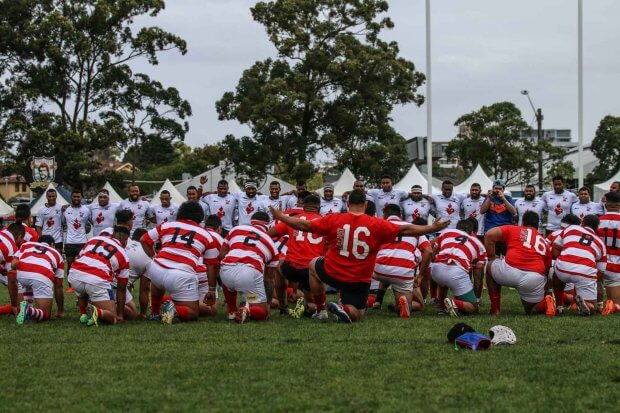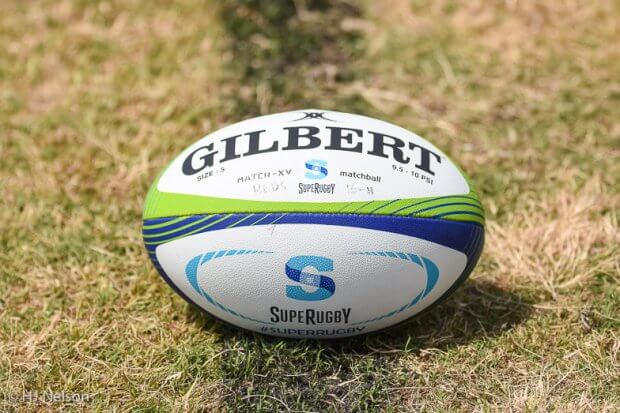So, here comes the fun part – the culmination of my special look at the structure of Super Rugby. The current system is complicated, demanding on players, and an unattractive product. So what is a viable option? Well, a good place to start is looking at the other options that have been proposed. The most notable was this video released in 2014 (when the current restructuring was announced) by FutureOfSuperRugby.com, a group based in New Zealand. This is located in the link below:
Now, obviously there are several issues with this video, mostly notably the idea that the Kings have their ability to win games, and the issues of having the Jaguares travel to Australia for conference matches. However, there is a lot of valid points here. Many of the predictions made around the Sunwolves have turned out to be correct. Additionally, the alternative model proposed would work, given the huge success the three-conference system was for Super Rugby. With that in mind my proposal follows a similar path, but instead of a country-based conference system, is instead focused on the only logical solution: geographical location.
Nicks plan for Super Rugby
| African/Americas Conference | Australasian Conference | Oceania Conference |
| Bulls | Reds | Hurricanes |
| Sharks | Brumbies | Blues |
| Cheetahs | Waratahs | Crusaders |
| Lions | Western Force | Highlanders |
| Stormers | Melbourne Rebels | Chiefs |
| Jaguares | Sunwolves | Pacific Islands Team |
Once again, there are three conferences, which makes it nice and easy to understand. The top two teams from each conference go through, and a combined table gives gives us two wildcard sports for the next highest ranked teams. Easy. And that way, you do not have the issues of teams like the Highlanders playing better in the regular season than the Brumbies, yet still having a tougher run to the finals.
Additionally, the other big positive is that by basing the conferences on geographical location, that significantly reduces the impact of travel. The Sunwolves will be one notable benefactor of this, playing in Australia more will significantly reduce their travel hours, which will help them be more competitive. The Jaguares will face the most travel, given the average flight from Buenos Aires to South Africa is 9 hours.

However, there is a brilliant solution to this, mostly around organising the fixtures correctly. The entire African/Americas conference may be seen as being at a disadvantage due to travel, however the solution would be to have the teams go on tours during the season. That would mean, when teams play away from home in other conferences, they would get those games all out of the way at once. For example, the Stormers on a tour would, for instance, play two Kiwi teams, and two Aussie teams and the Sunwolves, then spend the rest of the competition at home/ going to Argentina. Not only that, but the Aussie and Kiwi conferences would do the same tours, meaning they would also travel less, and do all their away games at once. They would level the playing field considerably when it comes to travel.
So, with this system addressing the current issues with competition structure and travel, this has come with three big changes: the removal of the Kings, moving the Sunwolves to the Australian conference, and adding a Pacific Islands team.
The Removal of the Kings:
Yes, I know many in the Republic will shake their heads at this one. But like I said, 2017 is do or die for the Kings. I will happily eat my words if the Kings (and South African rugby in general) play well this year. But really, that is what this comes down to. Many have complained about the decreased quality of Super Rugby, and the Kings continual thrashings last year was a consistent example of that.
In truth, if 2017 sees the Kings struggle again, it will prove to many that South Africa hasn’t got the depth to field six Super Rugby sides. Obviously, cutting the Kings will be seen as huge disservice to the fans and players from Port Elizabeth. But, with all due respect to Kings fans, I wouldn’t see the franchise moving forward with any fanbase if they continually lose again this season.
The Movement of the Sunwolves to the Australian Conference:
Despite their equally woeful performance last year, The Sunwolves will stay because of their potential as a product to open up Super Rugby to the Asian Market. However, having them play conferences matches on the other side of the world in Africa is frankly ridiculous. The solution? Play in the conference that is geographically closest to them. Australia is the only solution.
Considering the Sunwolves play home games in either Singapore or Tokyo, having them in the Australian conference will reduce their travel hours, which will improve their ability to be competitive. The team will only grow as a brand when they start winning games: reducing the travel factor is a step in the right direction to not only give the team a more competitive chance, but to also allow the brand to do well as a starting point in the Asian sporting market.
Arguments for a Pacific Islands Team:
Without a doubt one of the best ideas put forward by FutureofSuperRugby.com, a Pacific Islands team is something that is well overdue to happen in Super Rugby. For years, the NZRU and the ARU have pinched talent from the likes of Fiji, Samoa and Tonga to prop up their own Super Rugby and national teams. Yet, I find it a testament to their respective national teams that these island nations are still extremely competitive on the international rugby stage. This is talent we should nurture, and grow.

Progress has already been made, with the ARU laying the foundations for a Fijian team joining the NRC next year. The Fijians were so happy, their Prime Minister came Sydney for the occasion. That says a lot about these nations. They LOVE rugby. The crowds in Fiji when the Chiefs played the Crusaders also said a lot: there is a fanbase out there that wants it. Not only that, but playing out of Auckland (the world’s largest Polynesian city) also is a viable option. Giving these nations a Super Rugby side will allow them to improve their playing stocks, improve the ways they play the game (especially their discipline), stop the drain of these players to Europe, and improve the profile of the game even more. What is even clearer is that, given so many Islander players are currently in Super Rugby, a Pacific Islanders team would be competitive from the get go, and give the Kiwi teams a good challenge of their own.
However, there are some negatives with a Pacific Islands team, the first being money. Many in SANZAAR possibly don’t see Pacific Island rugby as much of a money spinner compared to the Sunwolves, and in all fairness, there isn’t much there in terms of strong infrastructure. Additionally, playing out of Auckland may end up having an impact on the Blues. Secondly, another negative could be the potential clash of Tongan, Fijian and Samoan culture. Each country has different values and cultural backgrounds, and the rivalry between them is fierce. (Last year, after the NRC game between the Rams and the Country Eagles, I watched the NSW Fiji vs NSW Samoa match at Concord Oval, as seen above. It was a game so intense, that many fights often broke out.) This makes me wonder whether a team like that could work. The third issue is politics, as many don’t approve of the current military run government in Fiji and their influence in Fijian rugby.
However, in all honesty, I believe a Pacific Islands team is necessary. Pacific rugby is something that should be nurtured and allow to grow, and giving them a Super Rugby side will most certainly do that.
****
Lastly, my final reason why a conference system based on geographical location would work is because it allows for much more flexibility in expanding Super Rugby in the long term. With the Sunwolves, SANZAAR has opened themselves up to the Asian market, and many have talked about the possibility of Super Rugby teams starting up in Singapore, Hong Kong and even mainland China. Additionally, the US and Canada, two of the most improving rugby nations in recent years, have also been touted as “attractive” prospects by SANZAAR.

If these are the places where SANZAAR will expand in the future, then to me, a five-conference structure is possible. In addition to the five teamed South Africa, Australia and New Zealand conferences, Super Rugby could also have an Asia-Pacific conference (with the Sunwolves, the Pacific Islands team, and a Singaporean, Hong Kong and Chinese team), and a Americas conference (with the Jaguares, a possible second Argentinean team/or a Uruguayan team, two teams from the US and one from Canada). This is an option that SANZAAR could use ten-to-fifteen years down the track, and is, quite possibly, the end goal as a challenge to European rugby.
****
So, to sum up, Super Rugby must change. The question is, how? While I myself see the validity in expansion, and have developed my own opinions on this, I know that many people have their own thoughts on it. Tell us what you think, get ideas circulating. Whatever SANZAAR decide to do when they meet in February, their decision will impact us as fans and how we watch this great competition.



